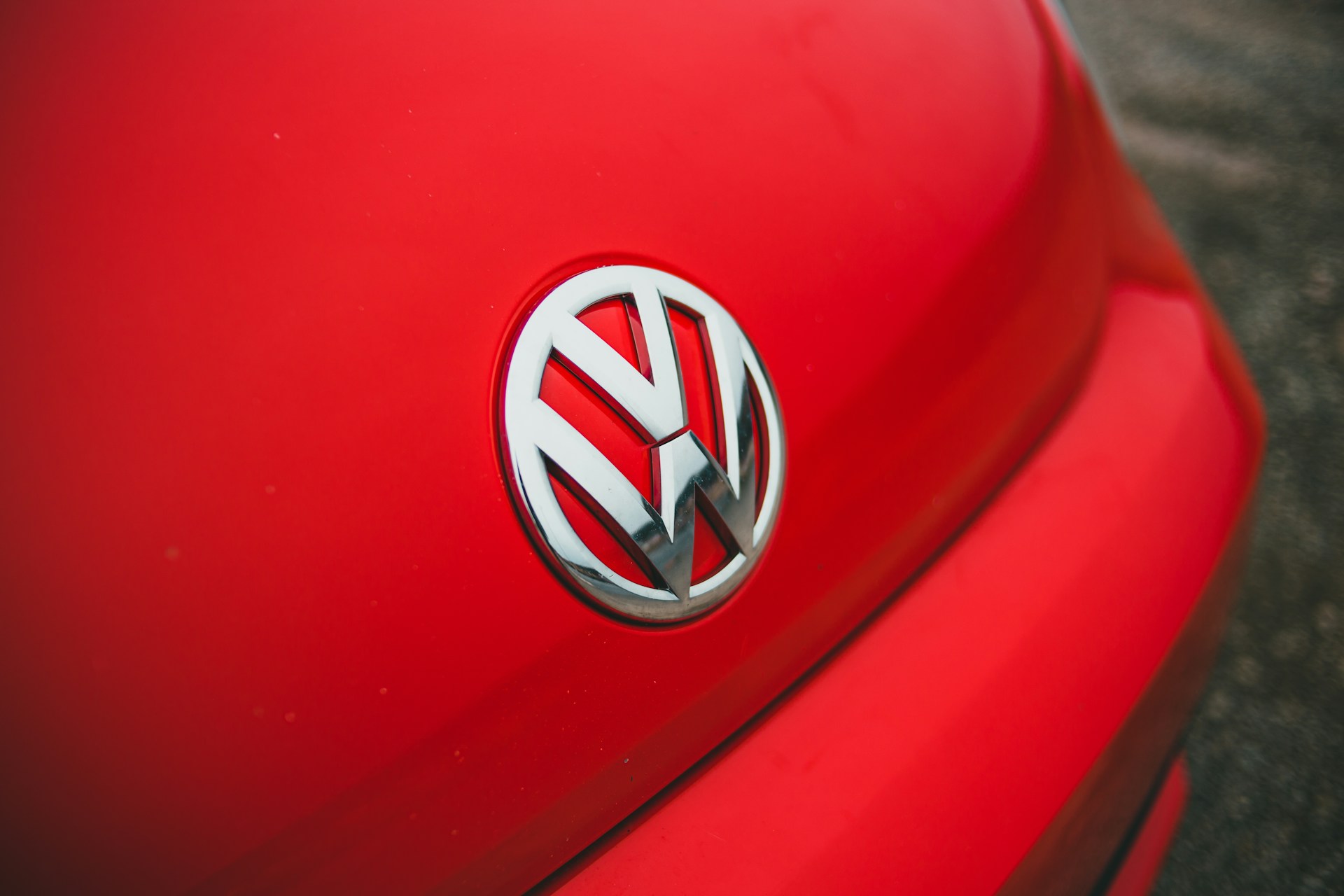Volkswagen’s electric car “Trinity” was once seen as a beacon of the company’s future. However, according to a media report, the launch of this new model will be further delayed. Several other projects are also experiencing setbacks.
The “Trinity” will arrive later than expected: The Volkswagen Group is apparently delaying the launch of its significant model named “Trinity.” As reported by the “Handelsblatt,” the once flagship electric SUV will likely hit the market much later than initially planned. Other models are also facing delays.
The newspaper cites so-called ramp-up plans, which Volkswagen uses to organize the production of its new models. According to these plans, the production start for “Trinity” is now scheduled for late 2032. However, these new dates are not yet official and must be confirmed in Volkswagen’s upcoming investment planning round this autumn.
Originally, “Trinity” was supposed to be launched in 2026. But due to software issues, this date was already scrapped two years ago.
According to “Handelsblatt,” the production start for other models will also be postponed. This includes the successor to the currently sold ID.4 model and another electric SUV. The delays are attributed to weak demand for electric cars, the company’s cost-saving efforts, and software problems. The company did not comment on the situation according to the report.
In the past first half of the year, the weak demand for new cars significantly impacted the company. Especially in China, where the VW Group sells about one-third of all its cars, business was sluggish. Sales shrank by 2.4 percent to 4.3 million vehicles, while revenue rose by 1.6 percent to 159 billion euros, thanks to good returns from financial services. However, profit after taxes fell by 14 percent to 8.5 billion euros.
The results were mainly affected by the core Volkswagen brand, which already has a low-profit margin. Its operating profit shrank by 41 percent, primarily due to the costs associated with ongoing staff reductions. The company has set aside 900 million euros for severance payments of up to 474,000 euros per employee, with half of this amount already earmarked.
In the long term, this expenditure will pay off, said CEO Oliver Blume during the presentation of the half-year results. The recently launched efficiency programs must now be implemented consistently. “Now it’s all about costs, costs, and costs. Especially for the Volkswagen brand, but also for all other brands.”
